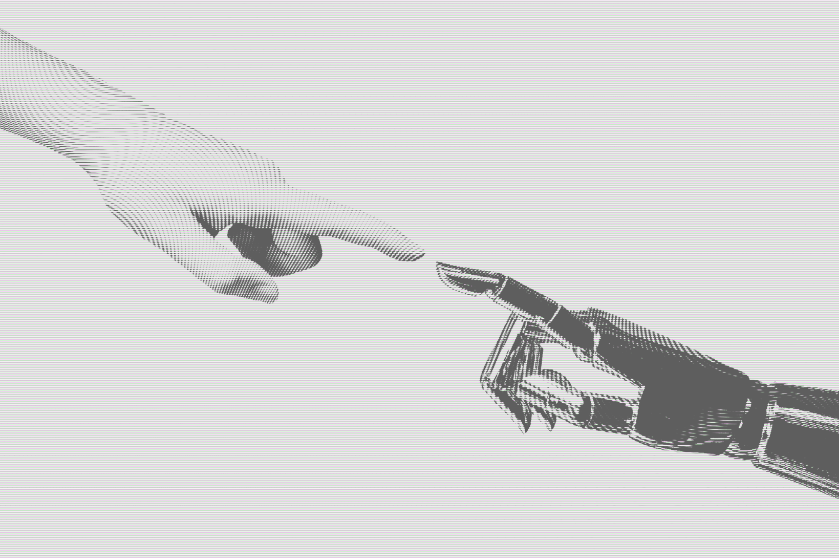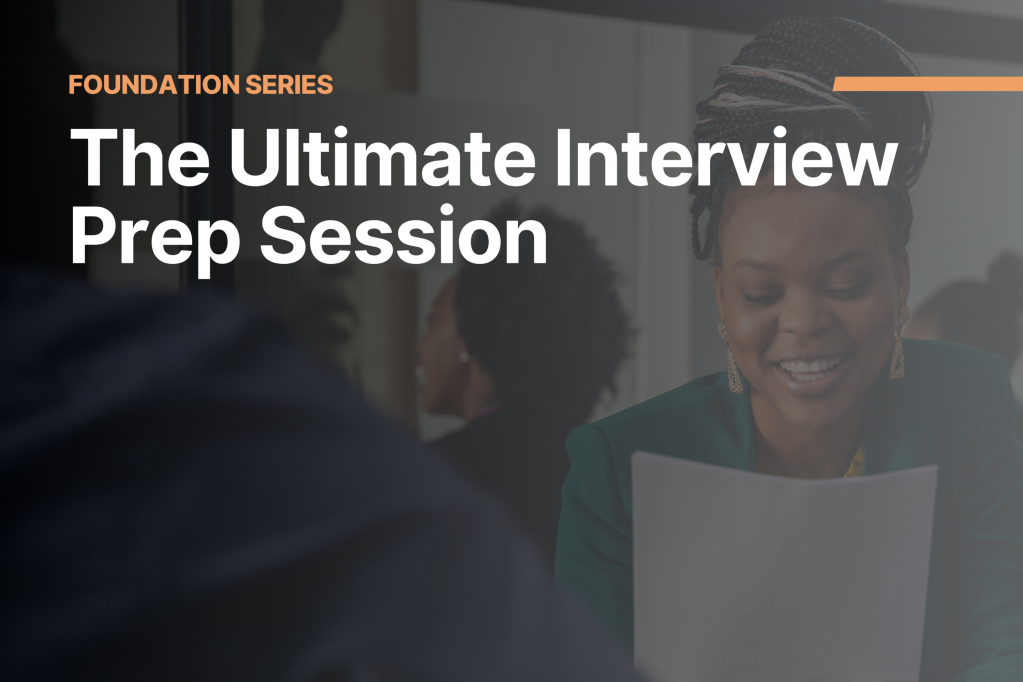Introduction to Artificial Intelligence
Artificial Intelligence (AI) is defined as the science and engineering of making intelligent machines, and, more specifically, intelligent computer programs. In a 2004 paper, John McCarthy, Stanford University’s legendary computer scientist, claims that AI is similar to using computers to understand human intelligence, however “AI does not have to confine itself to methods that are biologically observable.”
Intelligence, as a concept, is not binary. Thus, AI is not binary. In fact, there are multiple branches that make up Artificial Intelligence, among them you will find inference, genetic programming, and pattern recognition.
With the aim to achieve human-levels of intelligence, AI scientists exist in an iterative space. “The ultimate effort is to make computer programs that can solve problems and achieve goals in the world as well as humans,” McCarthy says.
No strangers to problem solving, five women from Intel shared their experiences working in AI during our recent webinar, Artificial Intelligence in a Pandemic World. Watch below to hear from each of them as they introduce themselves and their current work in AI.

Visit the Career Engagement Network for more resources, events, and workshops.
Meet the Intel Experts
Despite varying paths into the industry, something all of these women can agree on is a passion for the work. And with their passion, comes an understanding that is not built overnight.
Artificial Intelligence is an area that is not short on misconceptions. For many, there is a lack of exposure and understanding of the topic. On an episode of the Me, Myself, and AI podcast, Gerri Martin-Flickinger, former executive vice president CTO of Starbucks, touches on one fallacy, “there is this idea that there’s this thing you buy called AI, and you plug it in and it all works. That is almost the end of a long series of things you need to do and architect.”
With so many moving parts, building a comprehension of Artificial Intelligence can be overwhelming. A good place to start is understanding AI as it relates to those parts. Rachel Oberman suggests using a stack of nesting dolls as an analogy. “At the outermost layer you have AI, which is basically making machines intelligent, and that can be in a number of ways.” Machine learning (ML) is one of those ways, she says. “In general machine learning and AI can be intermingled, but if you want a deep definition, then AI is more of a superset of machine learning, which is a subset of AI,” Oberman says.
Oberman’s colleagues agree that when it comes to being successful in a complex field like AI, it helps to have a solid foundation – and these women know that solid foundations come in many forms.
Each of these women have had very different experiences leading up to their work with Intel. For Amy Adams, an industry veteran, 15 years of work at Microsoft preceded her role as AI Product Manager. Lestarya Tuadi received her Master’s Degree in Applied Psychology from USC before shifting her focus to AI in earnest.
Discover how they landed in AI, learn about their experiences with diversity, and hear some of their tips for entering the field below.
Building Foundations: Backgrounds, Diversity, and Getting Started in the Field
In the extremely fast-paced Tech world, it is important to stay grounded in one’s foundations and present work. The same way that many paths can lead to a career in AI, that career can take off in quite a few different directions.
With the onset of a global pandemic, the industry has pivoted in ways that, before, did not seem possible. Learn about industry changes, future needs in AI, and what makes this work meaningful below.
Creating Meaning: Current Trends, Future Needs, and How to Make a Difference
For more webinars, workshops, and panels like this, visit our Events page.







